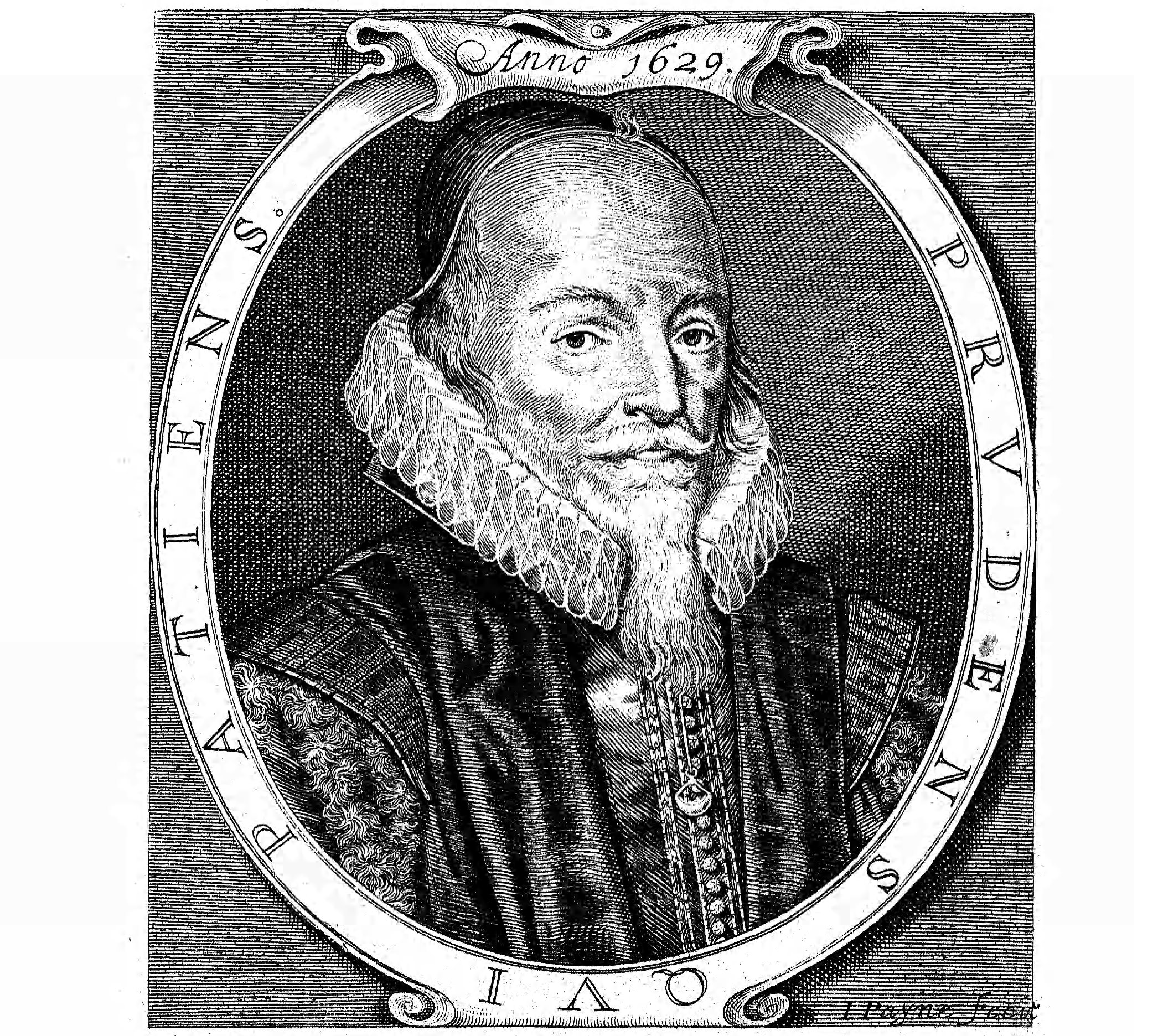About Lord Coke
Sir Edward Coke (1564-1616) lived during a turbulent time of significant change to the religious, political and judicial systems of England. Lord Coke's career spanned the reigns of Elizabeth I, James I and Charles I. During that time, he served as Member of the House of Parliament, Speaker of the House of Commons, Attorney General, Chief Justice of the Court of Common Pleas and Chief Justice of the King's Bench. Coke became a supporter and defender of the common law and was a leader in Parliament's struggle to maintain its rights and authority over royal prerogative claimed by the Crown. In a dispute with Charles I over sovereign power, Coke reminded the King: "Magna Carta is such a fellow that he will have no sovereign." Not surprisingly, Coke suffered the consequences of his outspokenness. At one time he was imprisoned for nine months in the Tower, and, on his deathbed in 1634, royal officials entered his home and seized the manuscripts of his Institutes of the Lawes of England (volumes two through four had not been published). Lord Coke's papers were not released until 1641, by which time Parliamentary power was such that it could compel the Crown to produce them.
Besides a third edition of the first volume of the Institutes (the last edition published in Coke's lifetime), the Leon E. Bloch Library Sir Edward Coke Collection includes the first editions of volumes two through four of the Institutes, which were published shortly after their release by the Crown. The Institutes cover land tenures (Vol. 1), ancient charters and statutes (Vol. 2), treason (Vol. 3), and jurisdiction of the courts (Vol. 4). The Institutes were meant to be a way, really a process, for law students to immerse themselves in the common law. Consequently, they are important not only as a reference source but as a means to understand legal education in England and America. Indeed, this library's edition of Volume One has marginalia and markings that may date to the late seventeenth century. See e.g. fol. 19a. In 1769, American revolutionary and Supreme Court Justice John Rutledge would advise his brother Edward (a signer of the Declaration of Independence):
"[W]ith regard to particular law books Coke's Institutes seem to be almost the foundation of our law. These you must read over and over, with the greatest attention, and not quit him till you understand him thoroughly, and have made your own everything in him, which is worth taking out. . . . ."
-- John Belton O.Neall, 2 Biographical Sketches of the Bench and Bar of South Carolina 124 (Charleston, S.G. Courtenay & Co. 1859).
The Institutes were a revolution in their own right. First, breaking with tradition, they were published in English, making them accessible to a much broader audience. Second, Lord Coke made use of Littleton's Tenures, a book beloved of the English bar, for which he provided commentary. The resulting work was reminiscent of the glossed treatises of Justinian. See fol. 1a. Third, Lord Coke used extensive citations to primary law, authoritative commentary and the Bible. See fol 1b. These citations were pinpointed to exact passages, an innovation only possible with printed law books. The whole effect is "weight of authority," a tradition evident in modern legal texts. Finally, Lord Coke appealed not to the Monarch for approval (as earlier treatises had done), but to the reader, that he "will not conceive any opinion against any part of this painfull and large Volume, untill hee shall have advisedly read over the whole, and diligently serched out and well considered of the severall Authorities, Proofes, and Reassons which wee have cited and set downe for warrant and confirmation of our opinions thorow out this whole work.." See p. ix of the preface.
Lord Coke is also remembered for his Reports, a multivolume collection of his own detailed commentaries on common law cases of the day. This collection includes the first English edition published in 1727. The initial run of 11 volumes was published in 1616, at which time James I demanded that they be revised. Lord Coke refused. The last two volumes were part of the materials seized by the Crown at Lord Coke's death. They may have been heavily edited by others. Lord Coke's work which reflects his views concerning the rights of the people to protection from arbitrary imprisonment, freedom from taxation without representation, and due process of law influenced the leaders of the American Revolution and the development of the United States Constitution. Thus, the works of Lord Coke constitute a rounded-out description of English common law of his day and provide a bridge from the past to modern legal tradition.
Paul D. Callister, JD, MSLIS
Director of the Leon E. Block Law Library & Associate Professor of Law
University of Missouri Kansas
City School of Law
For more information, see Paul D. Callister. "Books above the Throne: Geopolitical and Technological Factors Exalting Textual Authority in Seventeenth Century England" (2008). Available at: http://works.bepress.com/paul_callister/7.


